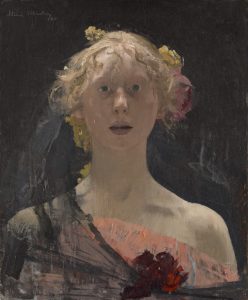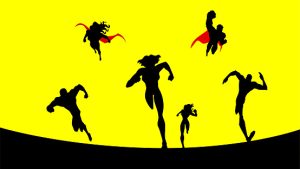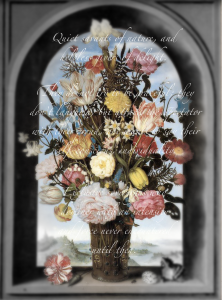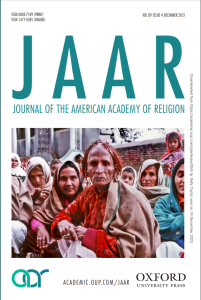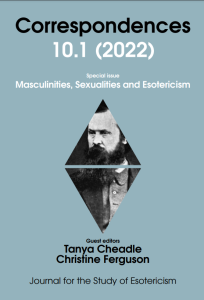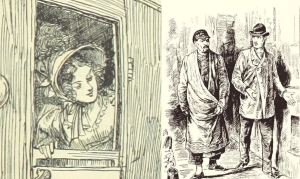“Under the Veil,” into “Double-Consciousness”: W. E. B. Du Bois in Claudia Rankine’s Citizen: An American Lyric and Kendrick Lamar’s “u” and “i”
This essay focuses on how Rankine and Lamar play with the first and second-person perspectives, implicating their audiences in their works and revealing the associations implicit in their use.
Angels: Feminine Salvation and Gendered Damnation in Crime and Punishment
There is no denying the significance of the women who occupy the world of Dostoevsky’s Crime and Punishment. It is a work distinguished by its complex, colourful, and memorable female characters.
The Darkness of Mere Being: Masking Queerness in Moore and Gibbons’ Watchmen
Amidst conventional representations of gender and sexuality, Alan Moore and Dave Gibbons’ Watchmen introduces a team of masked crimefighters who complicate the definition of heroism and redefine heroic sexuality.
Alive in Art: Art as it Relates to Life in Still Life with a Bridle
Through discussing the interpretation of life through art, and the importance of art to life, the preservative properties of art will be argued, as art can be considered a means of both prolonging and universalizing individual experience.
What the Blind Mind’s Eye Sees: The Effect of Ekphrases in Still Life With a Bridle
By guiding the reader through the process of engaging with these paintings, Herbert ensures that the elements that he relies on for his argument are noticed and understood.
Desire, Wisdom, and the Importance of Poets: William Blake’s Response to Plato’s Republic
In The Marriage of Heaven and Hell, Blake makes clear through references to the Allegory of the Cave that he has read Plato’s classic text Republic, and throughout the text, Blake engages with the ideas and issues that are presented in Republic.
Arms Like Tongs: The Power and Plight of Women in Grettir’s Saga
Set in Iceland’s Viking era, Grettir’s Saga follows the life of Grettir Asmundarson—a famously strong, cunning, and cursed man—as he fights enemies and rids Iceland of the undead, completing many cruel and heroic deeds along his journey.
Verdure and Vermin: The Similarity and Superiority of Emma Woodhouse and Raskolnikov
At first glance, Jane Austen’s Emma and Fyodor Dostoyevsky’s Crime and Punishment seem as different from one another as two novels can be.

